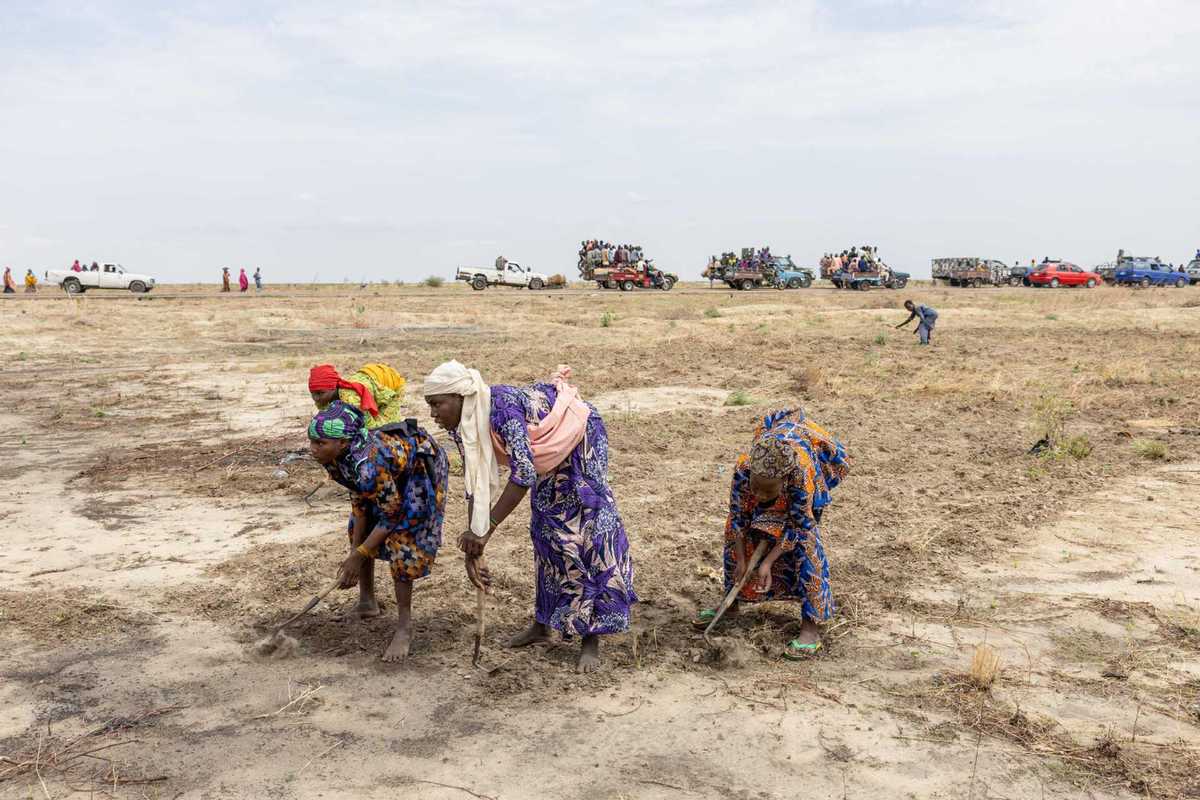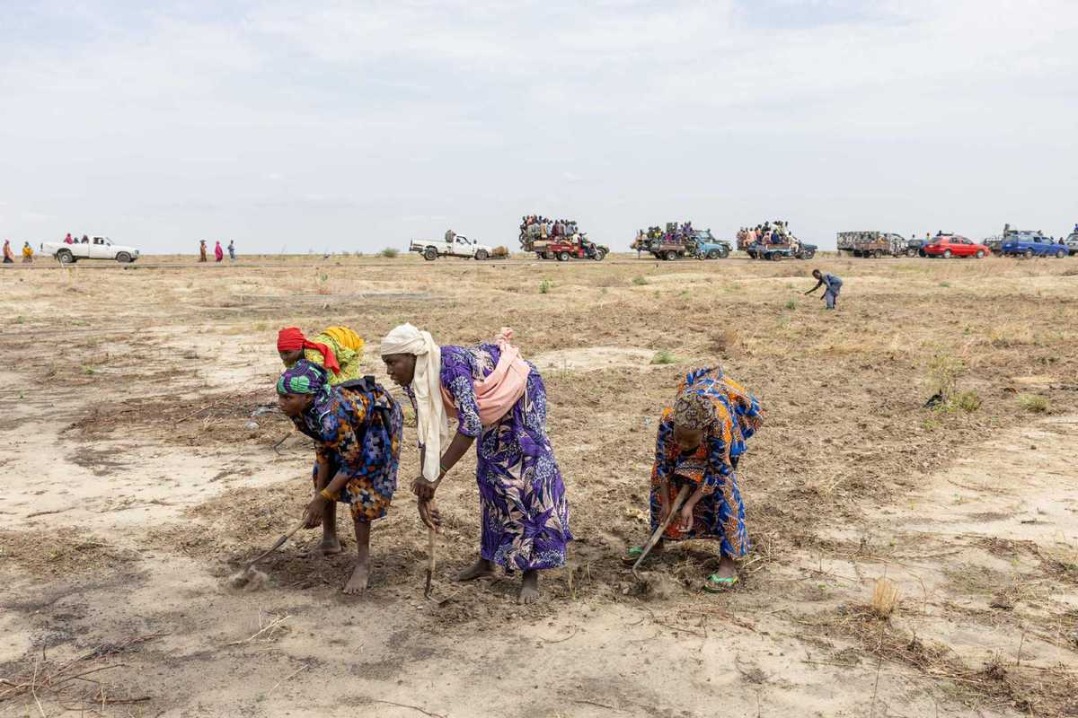World off track on ending hunger by 2030, UN warns


The world remains significantly off track to achieve Sustainable Development Goal 2 — zero hunger — by 2030, the United Nations warned in a report released on Monday, despite a slight decline in the percentage of the global population facing hunger.
The State of Food Security and Nutrition in the World 2025 estimates that 8.2 percent of the global population experienced hunger last year, down from 8.5 percent in 2023 and 8.7 percent in 2022. While modest, the improvement is important, said Maximo Torero, chief economist at the UN Food and Agriculture Organization.
This positive trend was especially evident in South Asia, Southeast Asia, and South America, Torero said, attributing the progress to targeted policy measures.
Nevertheless, the outlook remains concerning. The report, compiled by the FAO in collaboration with several other UN agencies, projects that around 512 million people will still be facing hunger in 2030. Alarmingly, nearly 60 percent of them are expected to be in Africa. The report noted that hunger has continued to increase in most subregions of Africa and in western Asia.
"These regional disparities are not random," Torero said. "They reflect deep-rooted structural vulnerabilities, external shocks, and the capacity of governments to respond effectively."
Adding to the challenge, the report highlighted a continued rise in food prices through 2023 and 2024. The increase has driven up the global cost of a healthy diet, placing additional pressure on food markets and disproportionately affecting low-income households, it said.
Torero warned that, at the current pace, the world is projected to miss the 2030 target for ending hunger. "This means that millions will continue to face hunger, even though the world produces more than enough food. The core issue is not availability — it's inequality and lack of access," he said.
In response to the bleak outlook, the report recommends that countries adopt a combination of policy measures to mitigate the far-reaching effects of high food prices.
It also lays out a comprehensive agenda to realign global efforts toward achieving zero hunger, including reshaping agrifood systems, expanding social protection and shock-responsive safety nets, and investing in climate adaptation.
Torero emphasized the urgency of action. "Achieving zero hunger will require political will, international solidarity, and accountability," he said. "With just five years to go, this is a final wake-up call: Hunger is not inevitable — but without bold and immediate action, it will remain a reality for hundreds of millions."
yangran1@chinadaily.com.cn

































